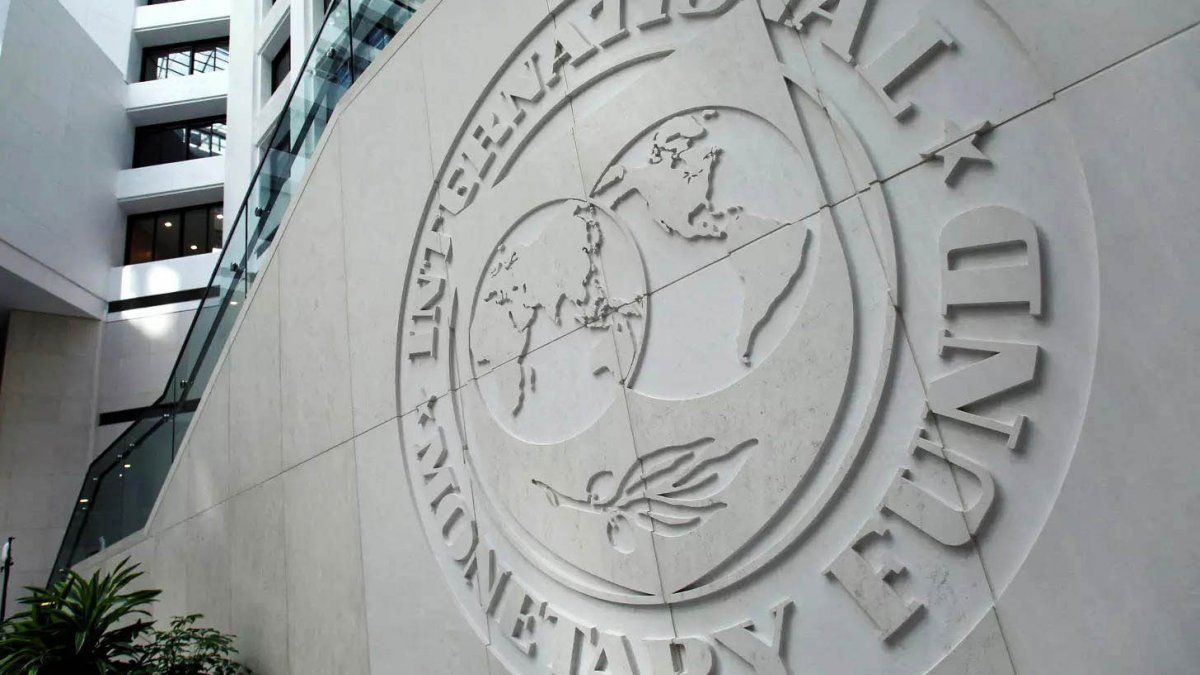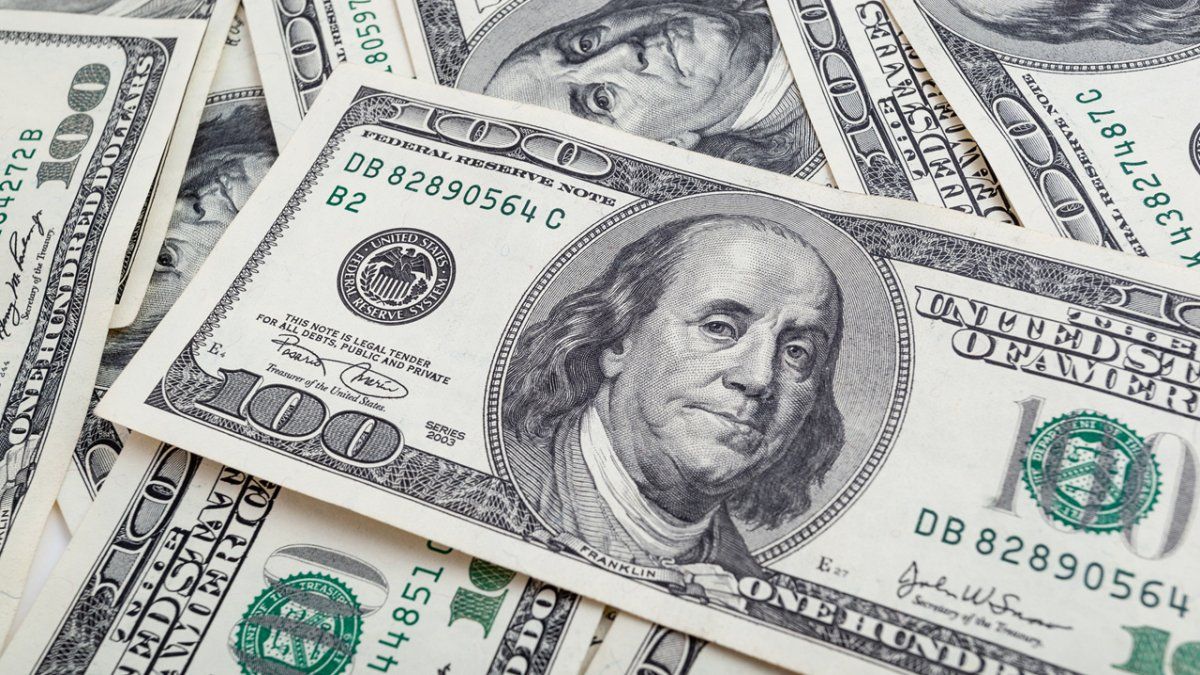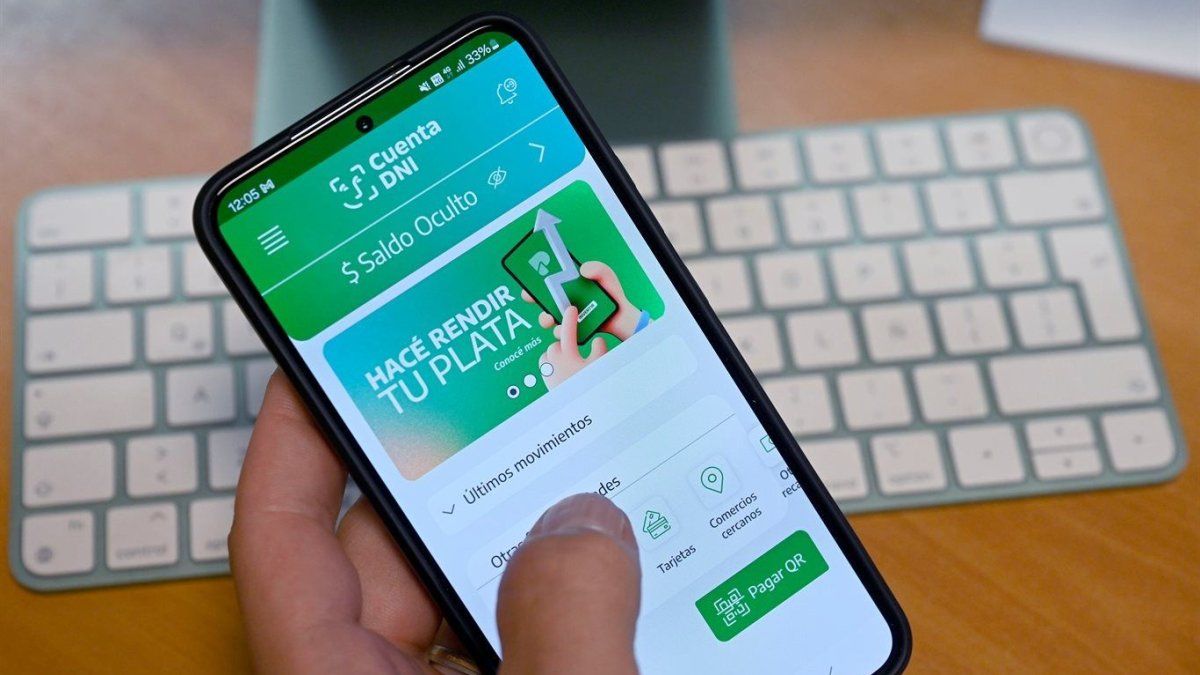The opinion of market analysts is overwhelming: there will be no fresh money from the International Monetary Fund imminently. Specialists consulted by Ambit They point out that the historical short circuits with the staff, the doubts in the exchange rate policy and the level of indebtedness with the organization, make access to new disbursements difficult. Even the economist friend of Javier Milei, Juan Carlos de Pablo, anticipated that no new dollars will arrive. There is concern about the exchange rate and in the Casa Rosada they are already extending the opening until the last quarter.
The Minister of Economy, Luis Caputo, announced that the Argentine Government will enter into negotiations with the IMF to agree on a new program. He anticipated that in addition to refinancing upcoming maturities, Javier Milei’s administration will seek to obtain fresh funds from the organization.
This last point does not seem simple. Last year, with Alberto Fernández in the presidency and Sergio Massa launched as a candidate, both visited the White House and still with the support of Joe Biden and a direct request to the Treasury Secretary, the Fund did not enable the “bridge” which at that time was requested to overcome the shortage of foreign currency that aggravated the drought.
According to the negotiators at that time, the main obstacle was the discussion with the staff, who view the country with suspicion. Perhaps the old apothegm applies to officials: “he who was burned with milk sees a cow and cries.”
It is true that the situation has changed, today Javier Milei shows strong numbers on the fiscal front, one of those that the Fund most zealously audits. However, for the economist Juan Carlos de Pablo, who frequently visits the Olivos farm, “no fresh funds will arrive from the IMF”.
Even, in dialogue with Radio 10, he considered that an additional disbursement would be detrimental to the Government since it would give the wrong message that the central administration has a certain margin and could generate more pressure from various sectors on public accounts.
The former Argentine representative to the IMF, Hector Torreshighlighted that “There are very good possibilities of having a new program with the IMF because they are very aware of the effort that the Government makes in fiscal matters”. What will not be so easy, according to the former official, is to get fresh funds because “The Fund’s objective today is to reduce exposure with Argentina, not increase it.”
Factors that determine a decision
Market sources consulted by Ámbito also suggested paying special attention to the timing. The elections in the United States are in November and for analysts it seems difficult for a resolution of these characteristics to be made before knowing the outcome, since they are the main shareholder of the organization and the only one with the right to veto.
Then other points appear that must be part of the negotiation, such as the future of monetary and exchange policy. In the Fund they have been repeatedly asking to end differential schemes such as the “dollar blend”, they closely follow the appreciation of the peso and although they support the idea of a “coin competition”they reject dollarization.
That is to say that in any case, the negotiation of a new program will involve recalculating a large part of the condiments that the Government has been applying to its economic plan. For Piedad OrtizChief Economist at Wise Capital “It would be expected that for a refresh of funds the IMF would make the resolution of the exchange rate a condition.”
Caputo and Milei talk about the relationship between paid liabilities and reserves, stocks and puts. In private, at the Casa Rosada they already recognize that the opening of the stocks will have to wait. Those who were aiming for the second or third quarter are now moving towards the fourth.
Source: Ambito




